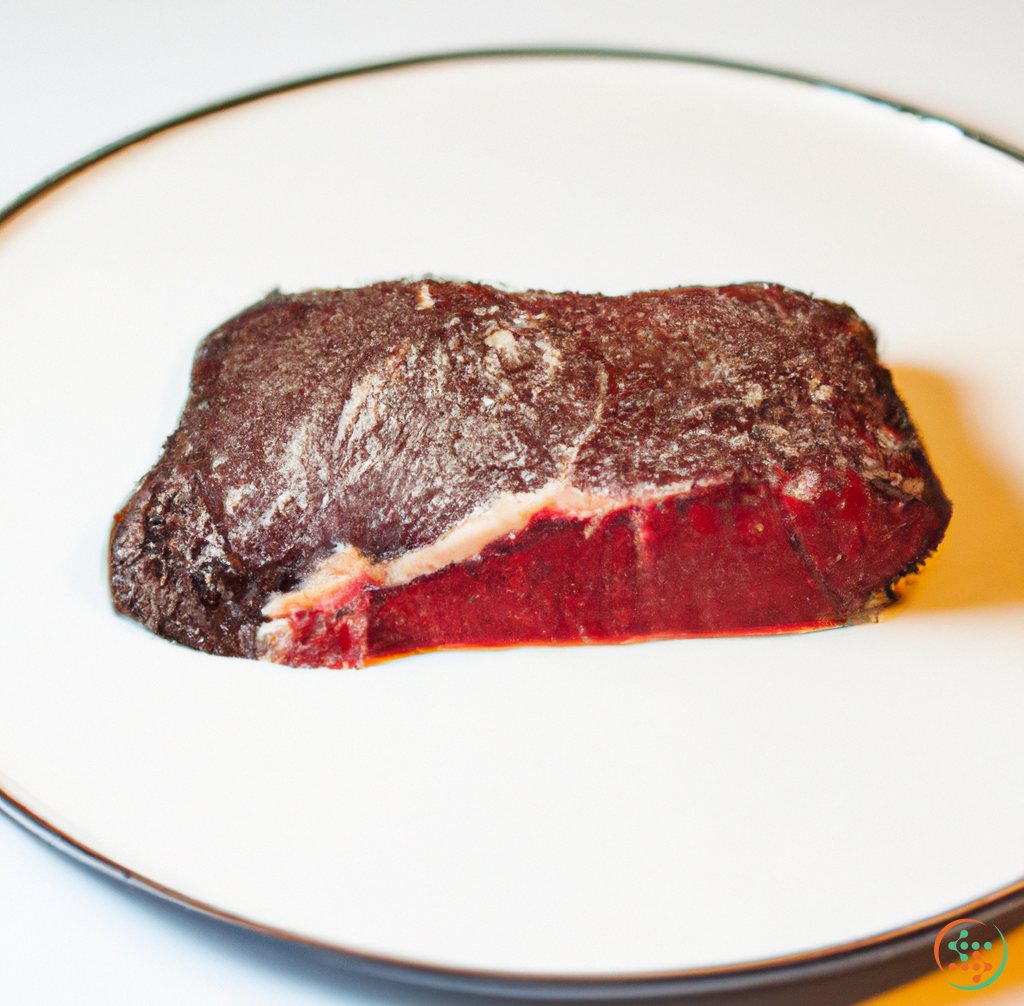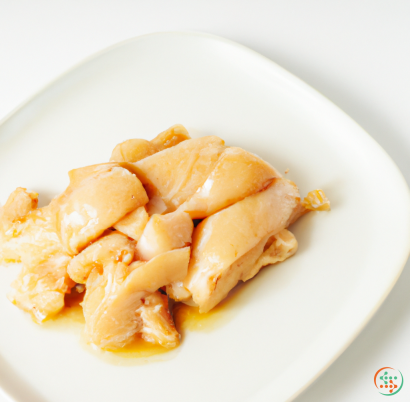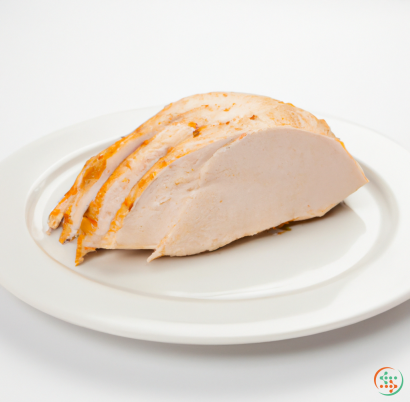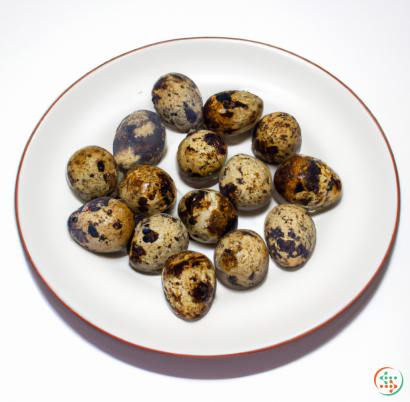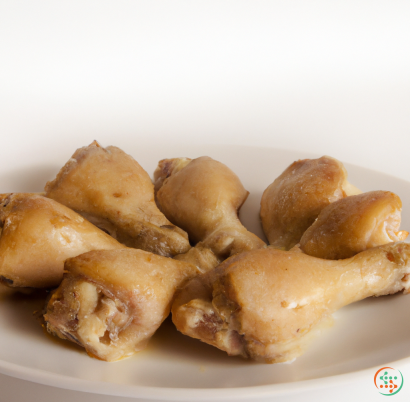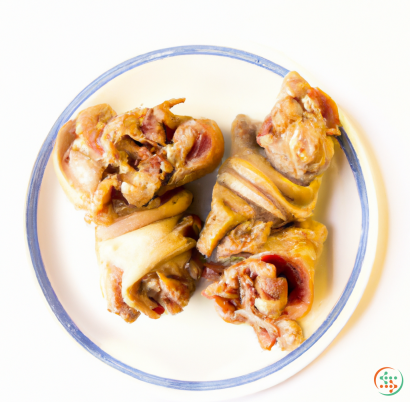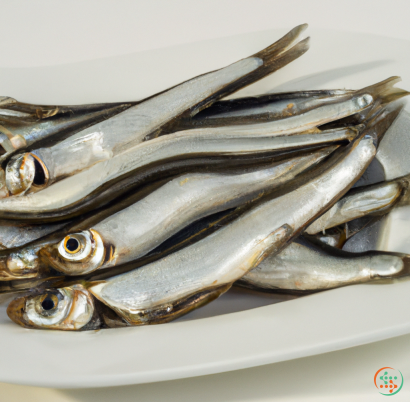Bison Meat
A bison meat is a type of beef that comes from the American Bison, more commonly known as the buffalo. Bison meat, sometimes called buffalo meat, is both delicious and healthy, containing less fat and calories compared to beef, yet more essential nutrients like iron and zinc. Bison meat is also considered a sustainable alternative to traditional beef; as bison are naturally adapted to the environment and have extremely low agricultural inputs, some studies have suggested that bison production might be better for the environment, especially when purchasing local.
The Bison is one of the oldest species in North America and has long been part of the cultural and spiritual practices of many indigenous tribes. For generations, bison provided food, shelter, clothing and religious ceremonies. It has only recently become popular among consumers in the US and Europe, primarily as an alternative to beef and pork.
Bison meat is richer in flavor compared to beef. It tends to be leaner and slightly sweeter than beef but still as tender, making it highly suitable for grilling, roasting, braising, and stewing. Bison can also be ground for burgers and meatloaf, though it has more texture than beef, making it a challenge to hold together.
The nutrition profile of bison meat is beneficial to both meat-eaters and vegetarians alike. Research measuring the nutritional differences between different types of meat and beans showed bison had the highest amount of essential fatty acids and protein. Specifically, compared to Angus beef, bison offered 30% more iron and zinc, 41% more vitamin B-12 and 8% more protein. Additionally, bison is much lower in fat and cholesterol content than beef and other red meats, making it an ideal source of healthy protein and essential fats.
When selecting bison meat, it’s important to select a reputable source. Check to see that the meat is free of growth hormones and antibiotics. Certified organic ingredients should also be preferred, as they are free of synthetic fertilizers or pesticides. The sustainable nature of bison makes it particularly desirable to those wishing to support ecologically friendly food initiatives.
When shopping for bison meat, look for cuts that are lean and well-marbled. If it’s in an unattainable cut that’s not readily available, ground bison is a great alternative. Bison is best cooked using low heat and times that are shorter than what’s usually recommended for beef. Otherwise, there’s a risk of it drying out and becoming tough.
To cook bison steaks, season them with salt and pepper before quick-cooking them in a hot pan. For medium-rare, cook for three to four minutes on each side. If cooking a larger cut, transfer the steak to a hot oven to finish cooking. Bison is also delicious when grilled over low-medium heat - three to four minutes per side is enough time to achieve a medium-rare finish.
So, if you’re looking for a delicious and sustainable source of protein, bison could be a great way to break the monotony of beef. Bison is tasty and healthier than your typical cut of steak, so if you can find a producer near you, you can be sure to find an ethically sourced, sustainable, and nutritionally balanced meal.
Bison, also known as American buffalo, is a type of wild, shaggy-coated ungulate that has been roaming grazing lands in North America for centuries. Though its population has dramatically decreased due to overhunting, it continues to remain a ubiquitous, sustainable meat source for many people in the United States and abroad. Bison meat, prized for its low fat and high protein content, is widely available in grocery stores across the country and is an increasingly popular alternative to other forms of lean red meat.
This blog post will explore the production process of bison meat, from the grasslands where it is raised to the dinner plate it ends up on. Although the process for converting a living bison into a delicious meal may seem complicated and intricate, here we strive to demystify the meat’s pathway and make it easier to understand.
Raising Bison
Bison can essentially be bred and raised on any suitable land devoted to animal husbandry. Though they prefer to graze in wide open grasslands and lowland plains, they can be maintained in pastures, where they often live without the need for supplemental feeds or grain. Their diet consists mainly of the vegetation found on their range of choice; supplemented in some cases with hay and grain.
Bison raised on the pasture are generally not given antibiotics or hormones, as this can have adverse health effects on them. Consequently, the resulting meat produced from these animals is free-range, hormone and antibiotic free.
In terms of the amount of acreage needed to raise bison, as a rough estimate, an acre of land can house upwards of six head of bison comfortably.
Processing
At the processing stage, animals are humanely dispatched by skilled butchers. From here, the animals are split in half with large knives and the four main cuts – the front quarters, hindquarters and two side-slices – are deboned. Smaller portions are then cut from the chambers, creating tender cuts of meat including steaks, short-ribs and roasts.
After division, the four main cuts are further divided into smaller, more manageable pieces. A grinder then slices these into the various grinds – which are the chunks of meat used in many ground beef products, such as hamburgers and sausages.
Bison ribs and shanks are usually sent to specialty facilities, where they are smoked or barbecued. This gives the meat an attractive reddish-brown hue and a much sweeter, smoky flavor.
Packaging
The bison categories, steaks, grinds, roasts, ribs and shanks, are then packed into containers like corrugated boxes, vacuum packs, and Styrofoam trays. Each package contains labels specifying the product, nutrition facts, and any relevant health claim (such as “no added hormones or antibiotics”). The packages are then placed into storage lockers where they are frozen and stored, pending distribution.
Distribution
Bison meat is distributed through a network of suppliers who handle and transport the packages to stores. Some specialty stores also provide direct delivery of their bison products, enabling customers to receive their orders at the comfort of their homes.
At the stores, the packages are unpacked, checked for freshness, and displayed for customers to see. Bison meat is sold either fresh or frozen and packaged to ensure peak quality and taste. Final purchasers can inspect the meat for sufficiency and evidence of spoilage before ever bringing it home.
Cooking
Bison meat is highly lean, meaning it can dry out quickly if cooked at high heat or for too long. As such, special attention should be paid when cooking it. Generally speaking, you should use the lowest heat possible while still achieving the necessary cooking temp to ensure moist, juicy steaks, roasts, and grinds.
Bison meat pairs well with a variety of flavors, including garlic, rosemary, thyme and other herbs, marinades and rubs. Bison burgers are especially popular and can be cooked over medium heat in a hot skillet or grill to bring out their flavor best.
Serving
Bison meat can be served in a variety of ways, each with its own unique flavors and textures. Bison steaks, for example, are tender, juicy and slightly sweet. Bison roasts can be served simply with a bit of salt and pepper, or with herb and mushroom sauces for a richer flavor. Bison grinds are popular in chili recipes and can also be used to craft flavorful bison burgers.
Conclusion
Bison meat is a delicious, healthy alternative to beef and other red meat. It is produced sustainably in the United States, provides an abundance of nutrients, and is free of hormones and antibiotics. Its versatile nature means it can be cooked and served in many ways, from steaks to chili to burgers. No matter how you enjoy it, bison is sure to satisfy your dinner plate.
| Vitamin E | 0.2 mg | |
| Vitamin K | 0.0013 mg | |
| Vitamin B1 | 0.14 mg | |
| Vitamin B2 | 0.26 mg | |
| Vitamin B3 | 0.00597 grams | |
| Vitamin B4 | 0.0972 grams | |
| Vitamin B6 | 0.4 mg | |
| Vitamin B9 | 0.016 mg | |
| Vitamin B12 | 0.00244 mg |
| Calcium | 0.014 grams |
Daily Value 1.3 g
|
| Iron | 0.00319 grams |
Daily Value 0.018 g
|
| Magnesium | 0.023 grams |
Daily Value 0.4 g
|
| Phosphorus | 0.213 grams |
Daily Value 1.25 g
|
| Potassium | 0.353 grams |
Daily Value 4.7 g
|
| Sodium | 0.076 grams |
Daily Value 2.3 g
|
| Zinc | 0.00534 grams |
Daily Value 0.011 g
|
| Copper | 0.15 mg |
Daily Value 0.9 mg
|
| Selenium | 0.0311 mg |
Daily Value 0.055 mg
|
| Tryptophan | 0.192 grams | |
| Threonine | 1.155 grams | |
| Isoleucine | 1.229 grams | |
| Leucine | 2.184 grams | |
| Lysine | 2.362 grams | |
| Methionine | 0.688 grams | |
| Cystine | 0.304 grams | |
| Phenylalanine | 1.081 grams | |
| Tyrosine | 0.866 grams | |
| Valine | 1.37 grams | |
| Arginine | 1.733 grams | |
| Histidine | 0.933 grams | |
| Alanine | 1.696 grams | |
| Aspartic Acid | 2.487 grams | |
| Glutamic Acid | 4.146 grams | |
| Glycine | 1.652 grams | |
| Proline | 1.303 grams | |
| Serine | 1.059 grams |
| Total Sugars | 0 ug |
per 100g
|
| Myristic acid (14:0) | 0.16 grams |
|
| Palmitic acid (16:0) | 1.55 grams |
|
| Stearic acid (18:0) | 1.77 grams |
|
| Total Saturated fatty acids: | 3.48 g | |
| Oleic acid (18:1) | 3.09 grams |
|
| Palmitoleic acid (16:1) | 0.17 grams |
|
| Gadoleic acid (20:1) | 0.03 grams |
|
| Total Monounsaturated fatty acids: | 3.29 g | |
| Linolenic acid (18:3) | 0.05 grams |
|
| Linoleic acid (18:2) | 0.31 grams |
|
| Total Polyunsaturated fatty acids: | 0.36 g | |
| Cholesterol | 0.07 grams |
|
| Total Sterols: | 0.07 g | |
